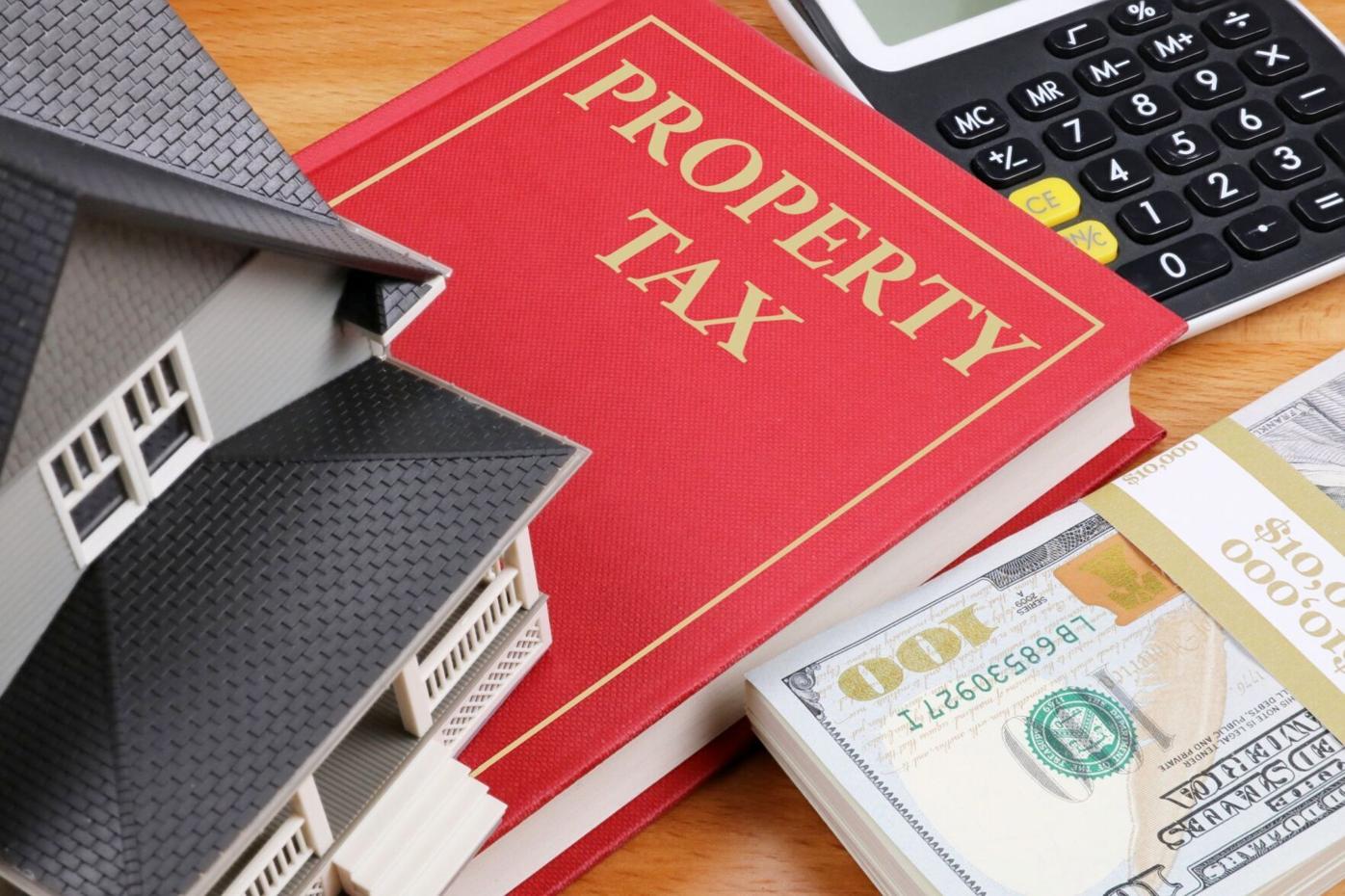Property tax bill wins Colorado Senate’s approval
The governor’s property tax proposal that would use TABOR refunds to partly pay for property tax relief won approval from the Senate on Thursday.
It now heads to the House.
Senate Bill 303 would ask voters this November for permission to raise what’s called the Ref C cap by 1% and keep that additional revenue for a 10-year period. That would generate about $167 million per year, which in turn would be funneled to local governments to hold them harmless from reductions in property tax revenue.
Approved by voters in 2005, the Ref C cap allowed the state to retain and spend all revenue collected between FY 2005-06 and FY 2009-10. Afterwards, Ref C allows the state to retain and spend all revenue collected up to the cap, which grows annually by inflation plus population growth. Surplus revenue in excess of the Ref C cap is refunded to Colorado taxpayers.
Property taxes are skyrocketing, due in part to the voter-backed repeal of the Gallagher Amendment in 2020 and rising home values. Some counties are reporting property tax hikes of 50%, raising worries that those higher property taxes could force people out of their homes.
Property taxes are calculated by multiplying the property’s actual value by an assessment rate, which produces an assessed value. The assessed value is then multiplied by the tax rate.
The property tax relief from SB 303 would come from larger temporary assessment rate reductions for residential property and changes in valuation calculations. Current law, the result of legislation from 2022, requires a reduction in total property tax revenue of $700 million for the 2023 and 2024 assessment years. That’s an average of about $15,000 per home. SB 303 hikes that to $40,000.
The rate changes for primary and multifamily residences, from 6.765% to 6.7% for 2023, along with the $40,000 reduction in valuation. That rate would remain unchanged throughout the 10-year period.
As introduced, the assessment rate for second and third homes would be 7.1%, but that was amended Wednesday to 6.7%. However, second and third homes don’t get that $40,000 reduction in valuation.
The measure requires county assessors to send out forms to homeowners, to differentiate between owner-occupied or primary homes and second and third homes, with higher property taxes for the non-owner-occupied residences. That’s led to concerns that second and third homes are often rentals and those higher property taxes could cause higher rents.
Homeowners would be required to attest that their residence is their primary home in order to quality for the highest amount of property tax relief through the form provided by county assessors.
SB 303 offers no provisions for holding renters harmless. About 40% of Coloradans rent their homes, according to the Bell Policy Center. That’s led to claims that renters are losing part of their TABOR refunds, on average by about $46 per taxpayer, in order to pay for the property tax relief for homeowners and commercial property owners.
Sen. Barbara Kirkmeyer, R-Brighton, offered an amendment during Wednesday night’s debate to put 5% of the revenue from Proposition HH — the question posed to voters this November — into rental assistance and tenancy support services, at a cost of about $50 million. She offered it twice, during the debate and later for a recorded vote. The amendment failed, 17-17, with six Democrats voting with Republicans, but with one Republican senator excused.
“We were told we were going to get meaningful tax relief,” she said Thursday, which she assumed would be a cut in taxes, not a cut in valuation.
“If you vote for HH,” Kirkmeyer said, addressing renters, “you won’t get property tax relief because you don’t pay for it.”
She said she seriously doubts that landlords, who could see a smaller increase in property taxes, would pass any savings onto their tenants. Hence, she argued, renters will lose part of their TABOR refunds and not see the bill’s benefits.
The bill’s rushed passage through the Senate — it was introduced late Monday with a first hearing barely 12 hours later — led lawmakers and witnesses in a Tuesday hearing to complain that the 58-page bill is too complicated to be fully vetted with just a few days to go in the 2023 session.
That was echoed Wednesday and Thursday by Senate Minority Leader Paul Lundeen, R-Monument, who said that SB 303 is not the solution and that the governor ought to call a special session to come up with better solutions.
Following the bill’s passage, Senate President Steve Fenberg, D-Boulder, one of the bill’s co-sponsors, said, “Coloradans are about to get hit with painful property tax spikes, which is why we’re taking action now to meet the moment and provide real relief for Colorado families. This transformative proposal delivers long-term reductions in property tax rates, while providing immediate savings on this year’s property taxes, so we can better support our schools and our communities and build a Colorado everyone can afford to love.”
Sen. Chris Hansen, D-Denver, the bill’s other co-sponsor, said if the General Assembly doesn’t act, “Coloradans will suffer record increases on their property taxes,” which would hit families and seniors especially hard.
“That’s why we’re working to provide immediate property tax relief that will save families across our state millions of dollars and keep people in their homes. This proposal will also give voters an opportunity to protect sustainable funding for our schools and local services like hospitals and firefighters while addressing the urgent property tax situation.”





